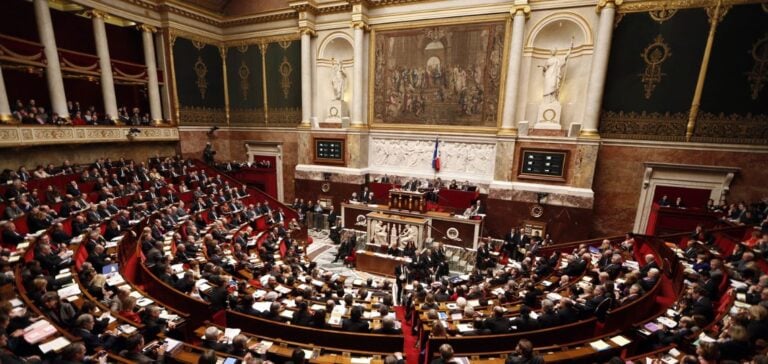The controversial merger of ASN and IRSN was approved by a narrow margin in the French National Assembly. It passed the bill by 260 votes to 259, a narrow victory that reflects the political divisions. The support of a fraction of the Republicans was decisive, while the RN, after having supported the project, changed its position. This vote follows an earlier rejection a year ago, underlining the changing political landscape. The fragile majority raises questions about the solidity of the reform consensus.
Merger objectives and concerns
The creation of the ASNR, scheduled for early 2025, aims to unify and optimize nuclear safety operations in France. The aim of this reorganization is to speed up appraisal and inspection procedures, against the backdrop of a revival in the nuclear sector. However, there are some voices against this merger, notably among the unions of both organizations, who fear a loss of independence and transparency. Critics also point to the risk of disorganization, at a time when the sector needs stability and clarity.
Political and union reactions
The left-wing groups in the National Assembly unanimously rejected the project, signalling their opposition to the government’s nuclear strategy. RN MP Jean-Philippe Tanguy expressed widespread frustration, criticizing the government’s approach for its lack of dialogue and respect. Unions, particularly those at IRSN, have warned of the dangers of fusion, warning of a potential weakening of nuclear safety. These reactions testify to the tensions surrounding the reform and the communication and consensus-building challenges it faces.
Hectic debate and criticism of the reform
The debates in the Assembly were marked by virulent criticism from opponents of the reform. Former French minister Delphine Batho has denounced the abolition of publication of expert opinions, seeing it as a major step backwards for transparency and safety. The reform project has also been criticized for its potential impact on research integrity and nuclear safety, heightening fears of a deterioration in public confidence in the sector.
Despite the bill’s approval, the future of the merger remains uncertain. The government plans to convene a joint committee in April, but the outcome of the vote in this committee and final adoption are still pending. Reversals of position, such as those observed by the RN, and persistent criticism from various political and trade union players underline the instability and challenges surrounding this reform. The stakes are high, involving nuclear safety, transparency and the independence of experts in a context of nuclear revival.






















